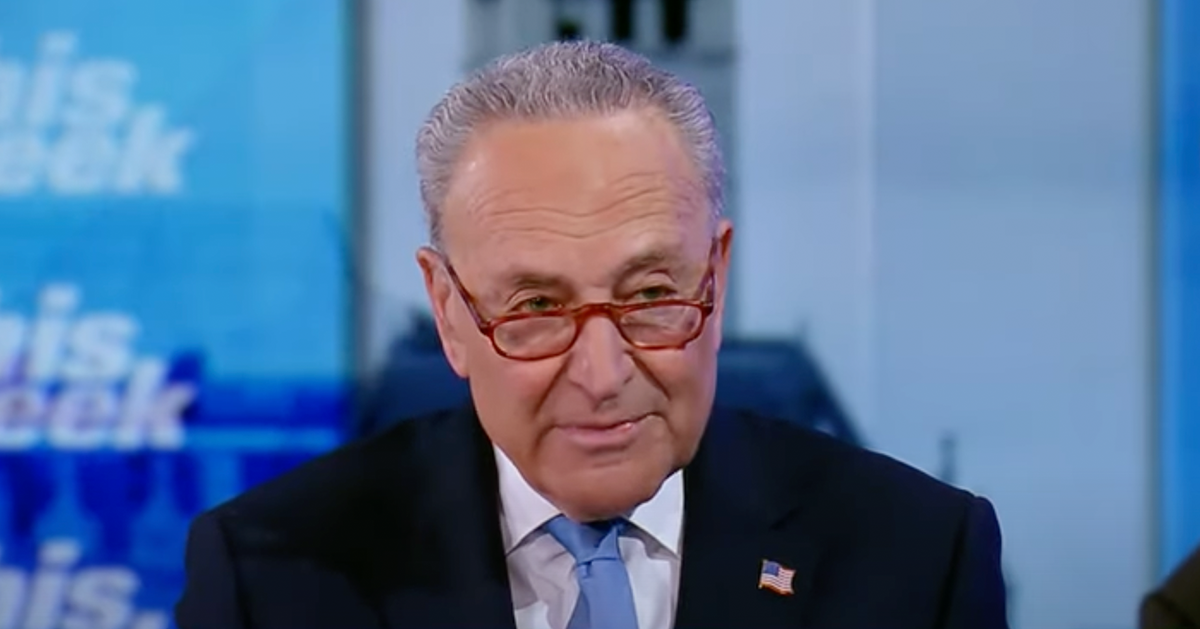Supreme Court Decision Forces Pentagon To Alter DEI Initiative
The Department of Defense has had to overhaul a diversity program following a landmark Supreme Court ruling.
In June 2023, the Supreme Court deemed affirmative action policies unlawful in a number of key contexts, prompting significant changes in federal diversity initiatives, as the Daily Wire reports.
The initial partnership between the Department of Defense and the University of Missouri-Kansas City was designed to create a hiring pipeline that focused on racial and sexual demographics.
This program was part of a broader Department of Defense strategy to foster diversity through targeted recruitment.
Initial Program Targets Specific Groups
With a grant of approximately $760,000, the University of Missouri-Kansas City developed a program intended to prioritize hiring from underrepresented groups. This focus aligned with broader diversity, equity, and inclusion (DEI) goals pursued by various institutions across the nation.
The program’s original criteria included measures that directly considered race and sex to select participants, aiming to address disparities in employment and representation within the federal workforce.
Court Ruling Prompts Swift Program Revisions
However, the Supreme Court's ruling in Students for Fair Admissions v. Harvard overturned the legal standing of such affirmative action measures. This decision forced the Department of Defense and the University of Missouri-Kansas City to rapidly adjust their strategies.
“Immediately following the summer 2023 Supreme Court decision, the internship criteria were revised in compliance with the ruling,” Stacy Downs, Director of Strategic Communications for the University of Missouri-Kansas City, stated. The revised criteria now exclude considerations of race and sex, focusing solely on academic performance and student status.
New Criteria Emphasize Academic Merit
The revised program criteria now emphasize being a full-time student, maintaining a specific GPA, and completing certain coursework. This shift reflects a broader reevaluation of how diversity objectives are pursued within the federal framework, particularly in sensitive areas like defense and national security.
While the new criteria aim to maintain a commitment to diversity, they do so by focusing on educational and professional qualifications rather than demographic characteristics.
DEI Initiatives Across the Federal Government
The Pentagon’s commitment to DEI is underscored by several large contracts aimed at advancing these agendas, including a $2 million deal with a consulting firm for developing a DEI Action Plan and a $202,000 contract with Cornell University for training purposes.
Moreover, the Biden-Harris administration has been proactive in embedding the DEI agenda throughout federal agencies, promoting policies that range from recruitment to training practices, and including support for gender transition among government employees.
Political Responses to DEI Policies
These initiatives have not been without controversy. Former President Donald Trump has criticized the size and scope of the federal bureaucracy’s involvement in DEI, pledging to streamline government functions and reduce what he views as overreach should he return to office.
President Joe Biden, on the other hand, has signed executive orders to further institutionalize DEI efforts, including policies that address the use of gender pronouns and support diversity in government hiring and training.
Looking Ahead: The Future of DEI in Government
As the legal and political landscapes evolve, so too does the implementation of DEI policies. The Department of Defense’s request for nearly $270 million to support DEI initiatives from 2022 to 2024 indicates a sustained, although modified, commitment to these goals.
The tension between advancing inclusive policies and adhering to new legal standards continues to shape the strategies employed by federal agencies, particularly in how they recruit and train their workforce.
Conclusion: Navigating New Legal Realities
In conclusion, the Supreme Court’s ruling has catalyzed a significant transformation in how diversity initiatives are structured within the federal government.
This shift from a focus on specific demographic targets to broader criteria based on academic and professional merit reflects a complex interplay between law, policy, and the ongoing commitment to diversity within the public sector.






